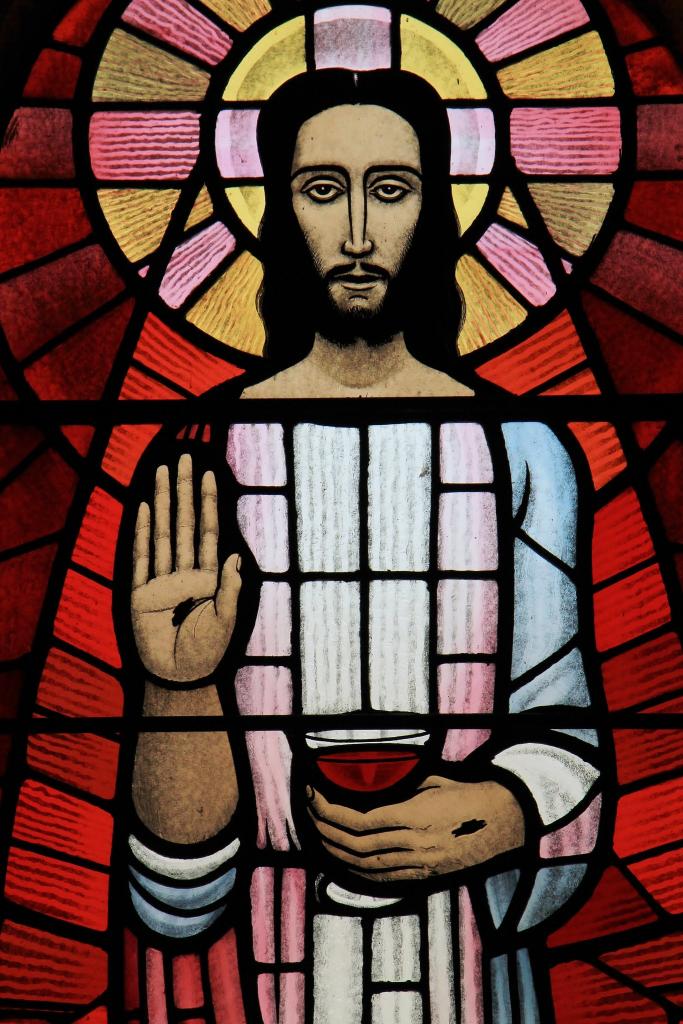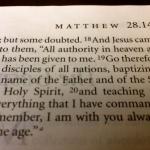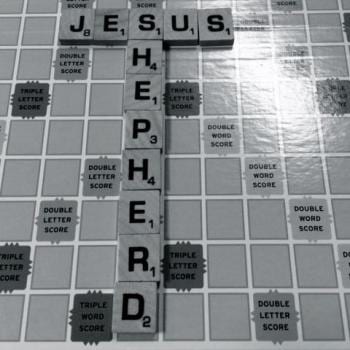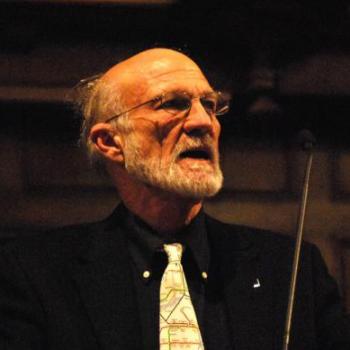
The Church’s Place
“God has not called the church to make this world a better place but to be the better place God has made in this world through Jesus.” This core thesis of my book Endangered Gospel has unsettled people since it was published in 2016.
And now the concept is being championed in high profile places like Christianity Today. Just this week its editor in chief wrote an article using remarkably similar language:
“The purpose of the church—the family of God—is not to make the world a better place, but to invite the world into the better place, the place called church.”
A steady stream of related messages has been flowing into my inbox since 2016. Some pastors, missionaries, and church leaders have simply been thanking me. They’ve been struggling with the church’s place in this world, and this book helped them put their finger on why.
Others have approached me with questions. They often admit that they find the biblical argument convincing, but they’re unsure what it looks like in practice. Someone recently asked, “If it isn’t the church’s job to heal the brokenness of this world, then how are we supposed to be a witness?” That’s a great question!
Privileged Servant
The answer lies with Israel and the early church. A close look at God’s chosen people reveals just how different their model of existence in society was from the privileged status given to Christianity in the West. Ever since Constantine, the 4th century Roman Emperor who ended government-sanctioned persecution of Christians, the church has generally had a favored status. Not long ago, the West was considered the Christian West because Christianity was sometimes officially, sometimes unofficially, the state religion.
As many mourn the loss of this privilege, we should remember that it wasn’t always so. Throughout the rest of the world it was never so. Nonetheless, we ask questions like, “Aren’t we supposed to heal the world?” from a position of presumed societal power. We presume that “we” are the healers and “they” need us to heal them.
Lowly Servant
A brief look at the servant songs of Isaiah (Isa 42—53) helps dispel this notion. The servant in these songs is sometimes identified with God’s people and other times with someone who will represent them. In both instances, God’s chosen instrument is a broken, beaten, downtrodden, lowly figure.
The New Testament identifies Jesus with this servant and calls the church to imitate him in this posture. He is the broken healer and we are his half-healed people, awaiting the redemption of our bodies (Rom 8:23).
God’s good pleasure is to show the world his glory through human brokenness—not human completeness and competence to heal others. In our brokenness, we show love to one another. In our difference, we display unity. God’s treasure is most at home in clay jars. Israel and the church were at their best “as a witness” to the world precisely when they were lowly. This seems to be God’s preferred posture.
Broken Witness
Today’s church may best serve as God’s witness not by finding broken places and then fixing them, but by displaying God’s kingdom through our brokenness amidst the brokenness of this world. We don’t have to look far to find such brokenness. We don’t need to go to the places this world calls broken. Brokenness is everywhere!
I live in suburbia. Our school district is one of the “better” districts around. Our neighborhoods showcase well-groomed lawns and no broken windows. Yet, these neighborhoods are populated mostly by the victims of shattered marriages, spouse and child abuse, self-debilitating addictions, loneliness, and physical and mental illnesses.
What is the church’s witness in neighborhoods like this? Love one another. Remain faithful to one another. Fight for each other’s marriages. Give one another rides to the airport. Help one another with tedious home repairs. Share meals together on a regular basis. Make sure no one spends holidays alone. Pay down each other’s debts. Forgive one another seventy-times-seven times. Don’t give up on one another. Befriend one another. Don’t let the brokenness swallow us up like it does the rest of the world. Accept one another despite our inadequacies. Live out the kingdom in our life together and invite our neighbors into that life.
What This World Needs
Broken places need faith, hope, and love in the context of a community where they belong. By embracing, displaying, and proclaiming the kingdom together we let our neighbors know that these things might be theirs. We extend to them God’s kingdom offer as a gift.
That offer will do something for their brokenness and for the neighborhood. It doesn’t leave them where they were. It will result in healing. But healing as such—healing independent of the kingdom—is not our calling.
If the church feels called in such neighborhoods to do something concrete and visible for the common good—wonderful! Go for it! But let us do so as fellow members of the broken body of Christ, not as society’s self-appointed benefactors.













